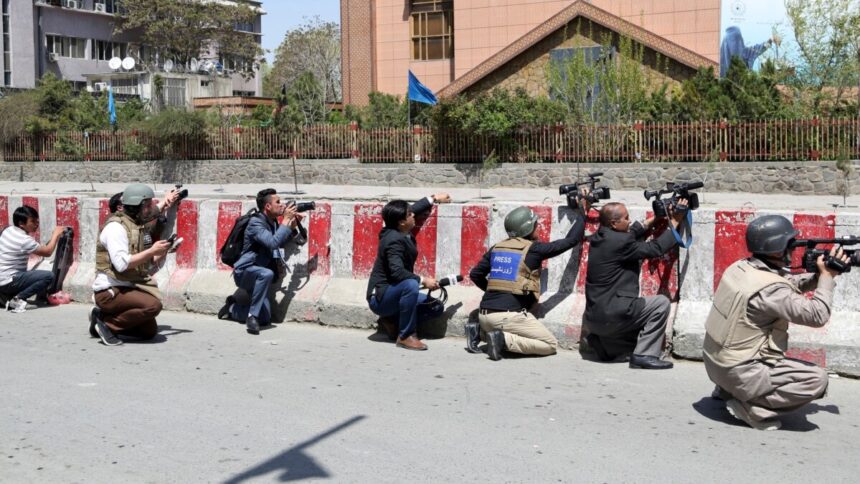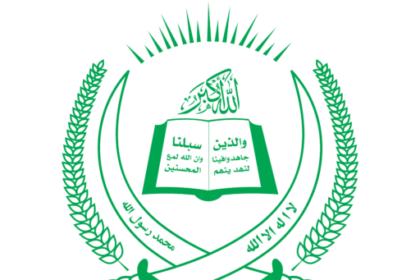RASC News Agency: Rahro Omrzad, director of Afghanistan’s Center for Contemporary Arts, warns that the Taliban’s prohibition on broadcasting images of living beings is not only suppressing artistic expression and freedom of speech but also obscuring the country’s reality from international view. In an interview with “Aquila” magazine, Omrzad said, “This ban systematically conceals the Taliban’s daily oppression, torture, and their extensive political, legal, and human rights violations from the world’s sight.”
Under the Taliban’s newly enacted “Law of Propagation of Virtue and Prevention of Vice,” broadcasting and publishing images of living beings have been strictly forbidden. This policy has already led to the closure of several television stations in the provinces of Takhar, Badghis, and Kandahar. At the same time, officials from the Taliban’s information and culture departments in various provinces have convened with media representatives and journalist advocacy groups, urging local outlets to adjust their content to align with the Taliban’s expectations.
Omrzad claims that this law serves as a tool for censorship and media suppression, designed to obstruct any exposure of “their crimes and legal abuses.” He emphasizes that this prohibition extends beyond news agencies, even restricting artists from portraying living creatures. Unlike in other Islamic countries, where such artistic expression remains unrestricted, Afghanistani artists are now barred from depicting life itself.
Following their return to power in 2021, the Taliban initially pledged a commitment to human rights; however, Omrzad contends that these promises have been severely constrained by their “rigid interpretation of Sharia.” He points out that, since the Taliban’s takeover, thousands of Afghanistani girls and women have been denied access to art education, art class hours have been slashed, and religious instruction has taken priority. Furthermore, music and dance have been deemed haram, with all musical instruments strictly banned.
Describing the conditions for Afghanistani artists as dire, Omrzad highlights the mounting security and financial threats facing artists and their families under Taliban rule. “Aquila” magazine, reporting on this interview, observed that despite limited international initiatives, human rights abuses by the Taliban remain largely obscured from global scrutiny due to stringent media and artistic restrictions. These limitations project a bleak image of Afghanistan’s current state and the rights of its people, as the country sinks into profound silence amidst the unfolding crisis.






